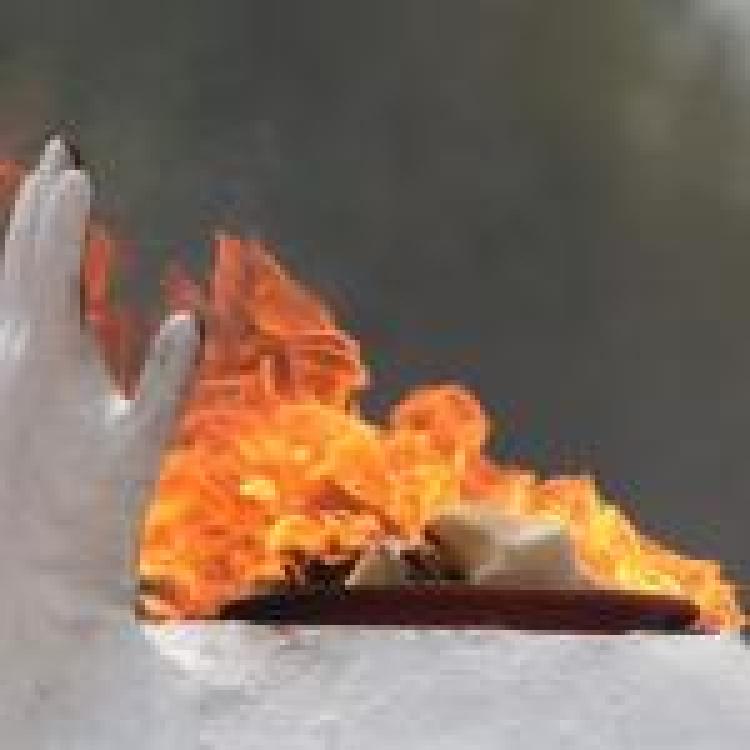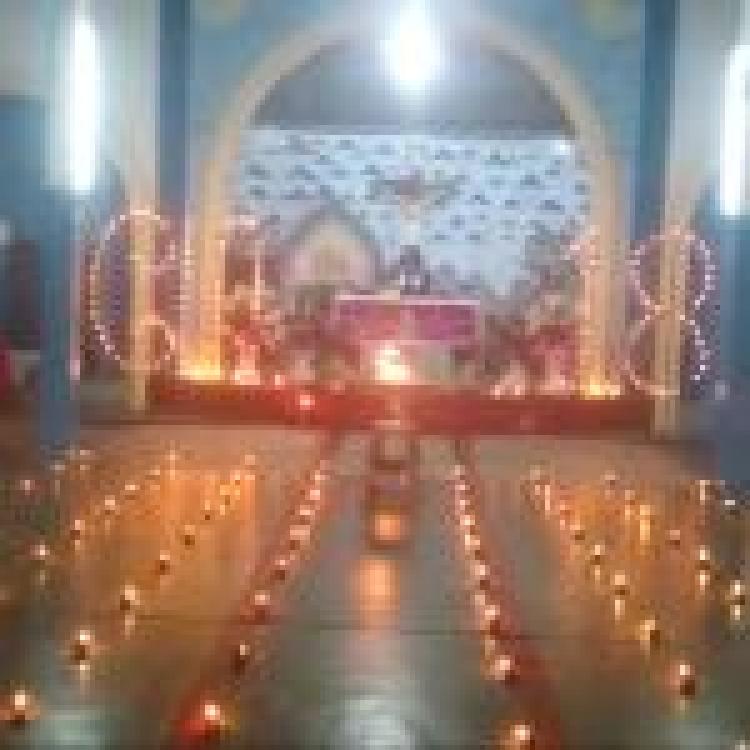As thousands of Tamils around the world commemorated the eleventh anniversary of the Mullivaikkal Genocide, marked on May 18, Adayaalam Centre for Policy Research (ACPR) joined in mourning the lives that were lost while also emphasising the lack of justice, in a statement released yesterday.
The statement acknowledged the lives lost during the war and in particular “the tens of thousands of Tamil lives that were taken by horrific atrocities perpetrated during the final phase of the war” and other multiple massacres due to the “Sri Lankan state’s genocidal campaign against the Tamil people spanning across more than three decades.”
Unrequited calls for justice and accountability
This week signified eleven years since the conclusive stage of the war fought between the Sri Lankan government and the LTTE, in which “146,679 Tamil people went unaccounted for, with conservative estimates finding that over 40,000 Tamil civilians were killed.”
Despite eleven years since the war ended, there has been no sanctions imposed for the crimes against humanity and massacres committed during the Mullivaikkal genocide and no reparations for the victims;
“There is still no justice and accountability for the crimes committed during this final phase despite overwhelming evidence documented by the UN and human rights organizations. Instead of reckoning with its past, Sri Lanka continues to remain trapped in cycles of violence driven by the Sinhala-Buddhist nationalism that characterizes the state’s politics.”
Heightened militarisation and authoritarian COVID-19 response
The Sri Lankan government has embarked on a “path of ‘victor’s justice’ that it has pursued over the last decade with little exception has led to the entrenching of militarisation throughout the state and its institutions.”
Adayaalam extended its concern to the COVID-19 response;
“As the rest of the world considered how to protect their populations from the COVID-19 pandemic, Sri Lanka’s President, the man who oversaw the last phase of the war, pardoned a soldier convicted for the massacre of eight Tamil civilians, the only soldier held accountable for this atrocity. Several senior ranking military officials who were named in UN reports as having perpetrated war crimes were promoted to manage the country’s response to the pandemic. The state predictably adopted an authoritarian approach favouring repression of freedom of expression and religion, over human rights.”
Tamil resilience
The Tamil victim-survivor communities have displayed “incredible scenes of resistance and perseverance” despite “the lack of truth and justice in the last decade.”
“Across the North and East, families of the disappeared, displaced communities, and others have protested the injustices of the State and demanded answers. Even as the State cracks down on memorialisation efforts with intensive surveillance and harassment, Tamil communities have continued to hold commemorative events or find ways to collectively mourn in their own homes.”
Sustained commitments to pursue truth and justice
The Adayaalam statement concluded with their commitment to ensuring that the crimes against humanity and genocide against Tamils by the Sri Lankan government is answered for;
“While the path to justice remains fraught with obstacles, it is not impossible, but it also cannot be found through domestic processes. As we remember the thousands of victims of the horrific atrocities of 2009, we re-affirm our commitment to seeking justice for the atrocity crimes committed during those last months and throughout the conflict.”


